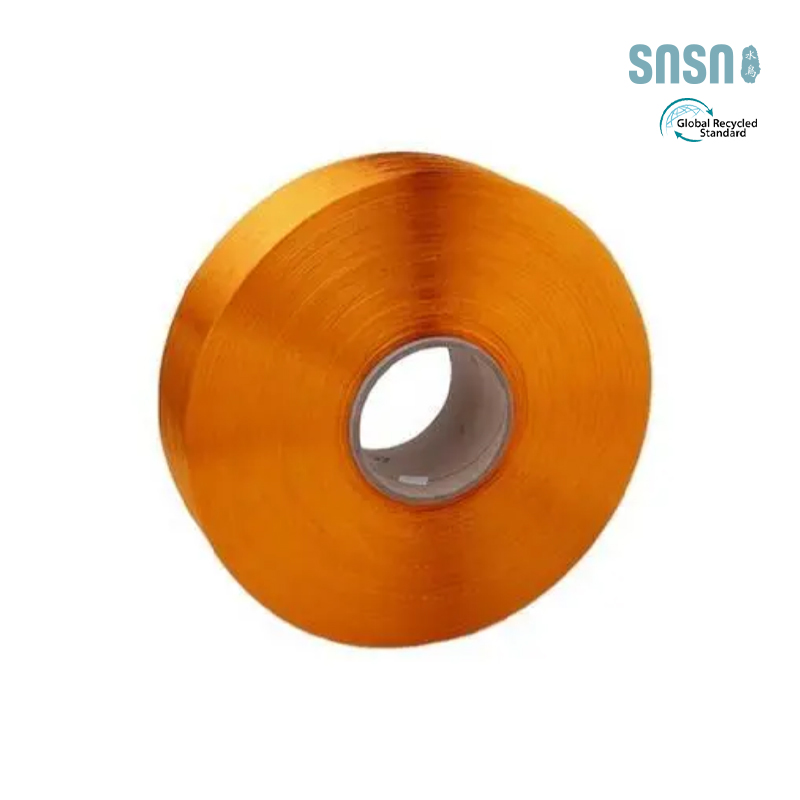Using recycled POY (Partially Oriented Yarn) offers several environmental benefits:
Reduces Waste: Recycled POY helps divert textile waste from landfills, reducing the volume of waste that would otherwise be disposed of. This is particularly important given the large amount of textile waste generated by the fashion and textile industries.
Conserves Resources: By using recycled fibers, the demand for virgin materials is lowered. This can lead to a reduction in the consumption of raw materials like petroleum, which is used to produce new synthetic fibers.
Lowers Energy Consumption: Recycling POY often requires less energy compared to producing new POY from virgin materials. The recycling process is generally more energy-efficient, which helps reduce overall energy consumption and greenhouse gas emissions.
Decreases Water Usage: The production of new synthetic fibers typically involves significant water usage for cooling, processing, and dyeing. Recycled POY production can help reduce the water footprint associated with textile manufacturing.

Minimizes Pollution: Recycling POY can reduce the need for chemical treatments and dyes that are used in the production of virgin fibers, leading to lower levels of pollution and fewer harmful substances being released into the environment.
Promotes Circular Economy: Using recycled POY supports a circular economy model by extending the lifecycle of materials. It encourages the recycling and reusing of products, thereby reducing the need for new raw materials and minimizing environmental impact.
By integrating recycled POY into manufacturing processes, the textile industry can contribute to more sustainable practices and help mitigate the environmental impact associated with textile production.

 English
English عربى
عربى Türk
Türk Español
Español



















